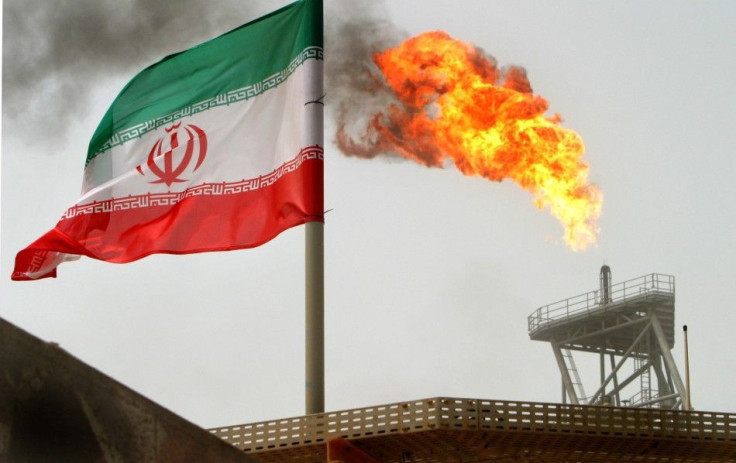Oil Price Continues to Rise amid Deepening Iran Tension

Oil prices moved higher in Asian trade Friday as tension between Western countries and Iran continued to intensify.
West Texas Intermediate (WTI) light sweet crude for March delivery rose 12 cents to $102.43 per barrel and Brent North Sea crude for April delivery gained 24 cents to $120.35.
European Union governments agreed last month to halt oil purchases from Iran, which is the second-largest producer in the Organization of Petroleum Exporting Countries, after Saudi Arabia. The European Union buys about 18 percent of Iran's total crude exports.
Western nations, including the U.S., have alleged that that Iran is building a nuclear weapon, a claim which Tehran has denied.
The U.S. and Europe are tightening economic sanctions against Iran. Iran has repeatedly argued such sanctions will not cripple the country's economy nor disrupt its nuclear program. In response, Iran has threatened to withhold oil deliveries and block the Strait of Hormuz, through which a fifth of the world's oil flows.
Iran's top oil buyers in Europe are making substantial cuts in supply months in advance of European Union sanctions. France's Total has already stopped buying the crude, which is subject to European Union sanctions from July 1 and market sources say Royal Dutch Shell has scaled back sharply.
Those that have reduced Iranian imports are filling the void with a range of replacement barrels from top exporter Saudi Arabia, Iraq and Russia.
Demand for oil in developing nations is pushing up global demand, and prices. Meanwhile, Asian economies have been buying more. China buys 22 percent of Iran's exports, India 12 percent, and most of the remainder is exported to Turkey, Japan, and South Korea.
Two U.S. lawmakers have asked India to reconsider its decision to send a trade delegation to Iran.
We write today to express our serious concern with the announcement that your government will send a large trade delegation to Iran within the next few weeks in order to explore economic opportunities, said Congressmen Steve Israel and Richard Hanna in a letter to Nirupama Rao, the Indian ambassador to the U.S.
Our allies around the globe are now searching for non- Iranian sources to meet their energy needs. Given the strong US-India partnership, we hope that your country will follow suit and decrease its reliance on Iranian crude oil, they added. But for India boycotting Iran is not easy as it imports 80% of petroleum needs. It buys $12 billion worth Iranian oil per year.
For this time the climate is also playing a critical role, with a severe cold wave that has gripped Central Europe causing the increased demand for heating oil, which is helping only to push Brent prices even higher.
© Copyright IBTimes 2024. All rights reserved.





















